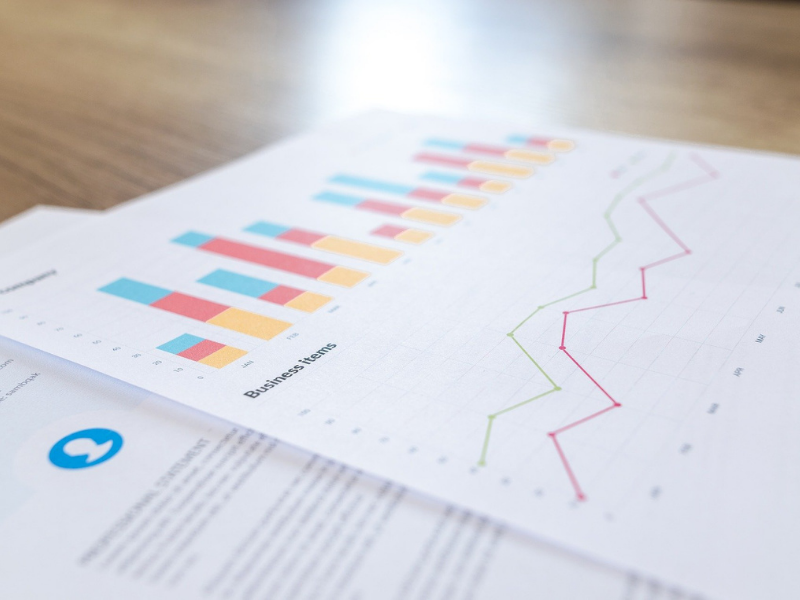 Economy
Economy 
Victoria Winckler, Director of the Bevan Foundation, highlights key findings of our new report on the economy and coronavirus, out today.
Yesterday’s unemployment figures gave an inkling of some the effects that the coronavirus outbreak is having on the Welsh economy and labour market. But behind the headline figures are some even more alarming signs that the economy has been hard hit and may struggle to recover. The figures on business closures, turnover and confidence show that the effects have been felt across the board, and especially in parts of Wales where the local economy is already relatively weak. The statistics are available in all their grisly glory in the full report.
Protecting essential supplies
If nothing else, the coronavirus outbreak has highlighted the critical importance of parts of the so-called foundational economy – the food shops, our electricity supply, digital connectivity, health and social care services – to our survival. It has also highlighted the fragility of much of this activity which operates on slim margins, complex supply chains and an army of low paid workers.
One of our first calls for action is that the Welsh Government ensures that there is a supply of these essentials going forward. And if that means more state intervention in some areas of the economy, so be it.
We’re also calling for a major economic stimulus to get the economy moving.
But we don’t want the economy to return to how it was before. The economy needs to be redesigned, with equality and decarbonization at its core.
This means major investment in ‘good things’ and is a golden opportunity to address the many deficits and problems in Wales. New social housing, renewable energy, tree planting and habitat management, better digital connectivity, cycling and walking routes, universal child-care, better care homes – they are all crying out for a boost and the time to do it is now.
That investment will not only address urgent environmental and social objectives but it will also create and support work, either directly or indirectly. And through the process of procuring and investing, it can guide and shape good practice, from good terms and conditions of employment to knowledge exchange and profit-sharing with communities and public bodies.
This stimulus should prioritise rural Wales and the south Wales valleys which are being hardest hit by the outbreak and which had deep seated economic problems before the lockdown.
It’s more than unlocking the door
The extent of business closure suggests that re-opening will not simply be a question of unlocking the door. Nine out of ten businesses in Wales have already had some sort of help to survive, and they are likely to need very different support going forward to that previously offered by Business Wales. Crucially, any support should be linked with securing good social and environmental outcomes: from paying a decent wage to cutting carbon emissions.
The outbreak has also highlighted that Wales sits on some assets that have huge economic potential. Suddenly our clean air and open spaces are valued, not just for a weekend trip but for the long term. Yet they are free for all. We’ve previously advocated a tourist tax based on overnight stays, but with the benefit of hindsight there are probably bigger benefits from a day visitor charge on our tourist honeypots. It would also better reflect the higher environmental impact of day trippers. So let’s look with fresh eyes at our assets and make sure their value is captured for the people of Wales.
It is not yet clear when the Welsh economy will begin to emerge from the restrictions. For sure some businesses have, like Ford, restarted production or, like Redrow, begun construction. But these are small against the scale of closure – for retail, arts and entertainment industries there could be a long wait ahead.
And if you think this is all wishful thinking, remember that the fall in Wales’ GVA could take us back to the early 1990s. This was a time of mass unemployment, desperate poverty and a lifelong legacy of illness for many. This should not be anybody’s future and we must do all that can be done to avoid it.
Victoria Winckler is Director of the Bevan Foundation. Follow her on Twitter @vwinckler


